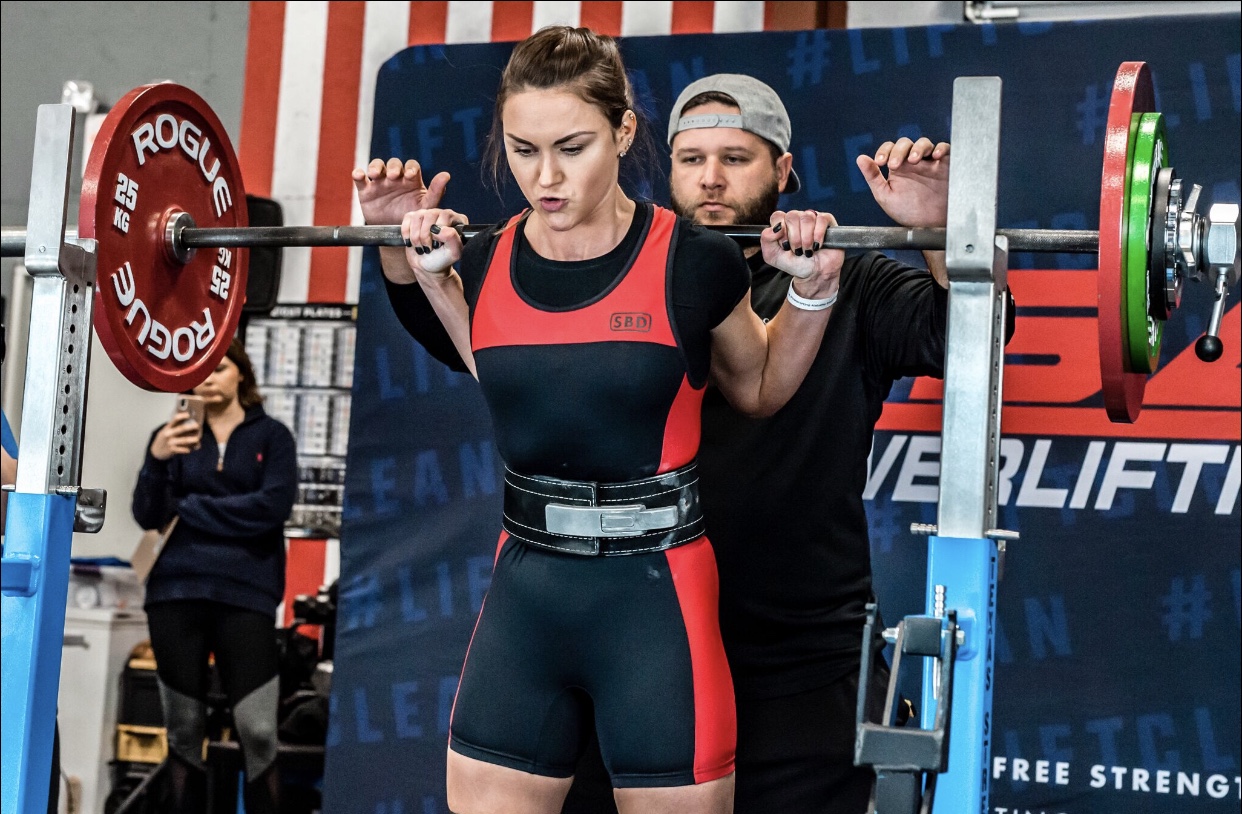
By Alyssa Parten |
Exercise programing is as much an art form as it is a science. Within exercise design, there is a place for both intelligent creativity and evidence-based application. Applying both can help an athlete progress in technique, strength, and power one’s way past plateaus in performance. The following are few aspects to a strength-training program design to help break through plateaus in strength, technique, and overall performance.
- Accommodation
An effective program is structured to elicit adaptation through progressive overload, while also avoiding the occurrence of diminishing returns, as a result of accommodation. Accommodation is considered a general law of biology that – when applied to strength and conditioning – is indicative of reaching a plateau after experiencing consistent stimuli over an extended period of time. The simplest way to combat accommodation is by implementing variations of an exercise that remains sport specific. Specificity in any style of training or sport is highly important, because becoming good at anything requires practice. Whether it is aerobic or anaerobic training, the human body is built to acclimate through mechanisms of morphologic, physiologic, and behavioral adaptations. Through consistent and well-designed practice, one will inherently develop an increased capacity for such training.

- Program Blocks & Periodic “Breaks”
Typically, strength and conditioning exercise programs are broken up into blocks called “mesocycles,” that last anywhere from 3-5 weeks. During these phases, exercises are intended to be relatively similar week after week (microcycles), so that adaptations can occur through progressive overload. Variations of certain exercises (like squats, bench press, overhead pressing, and deadlifts) can be intertwined during a mesocycle to strengthen weaker areas the athlete or individual may be experiencing. Following a mesocycle, a common programming utilization is either a “deload” week or an “intro” week. Both are similar in the fact that volume is reduced to allow an extended period of recovery for the athlete/individual before proceeding into the next mesocycle. The main difference between these two programming methods is that a “deload” is a drop in volume from the current mesocycle, whereas the “intro” week will be a low volume version of the upcoming mesocycle. Either way, their purpose is to induce additional recovery to increase longevity of training and stimulus progression.

- Variation
Training programs must vary in an intentional manner to continue the progression towards the desired outcome. To avoid accommodation, qualitative and quantitative variables should be addressed in subsequent mesocycles. Qualitative variables are considered variations of exercises, while quantitative variables include variants of training loads, such as sets, reps, and weight of resistance. If the goal is a bigger squat, qualitative approaches may include a front squat, box squat, or tempo squat. To avoid accommodation in the bench press, one could incorporate different grip widths, removing leg drive by placing feet on the bench or a floor press, or including incline and overhead pressing. Deadlifts can be progressed by increasing the duration of the pull through deficit deadlifts, or decreasing the range of motion and strengthening the later phase of the pull through rack or block pulls.

Whatever the primary goal, a well-developed process provides opportunities to improve movement patterns and increase power generation – which will ultimately transfer over into raw strength. Implementing some, or all of these, program-design methods may be a viable option to progress through any plateaus one can experience during training.
You can find demonstrations of exercises and many more on my Instagram, @ladybeef.athletes
Alyssa Parten is a NSCA and USAPL certified personal trainer and powerlifting coach from Birmingham, Alabama. She received her Bachelors in Exercise and Sport Science from The University of Alabama and is currently pursuing a dual Masters at the University of Concordia Chicago in Human Movement and Strength & Conditioning. Currently, she works in a private practice gym as a personal trainer and strength coach and also owns an online powerlifting coaching business, Ladybeef Inc. Additional certifications include: Precision Nutrition Level 1, TPI Level 1, and Human Movement Specialist. Follow Alyssa on Instagram.